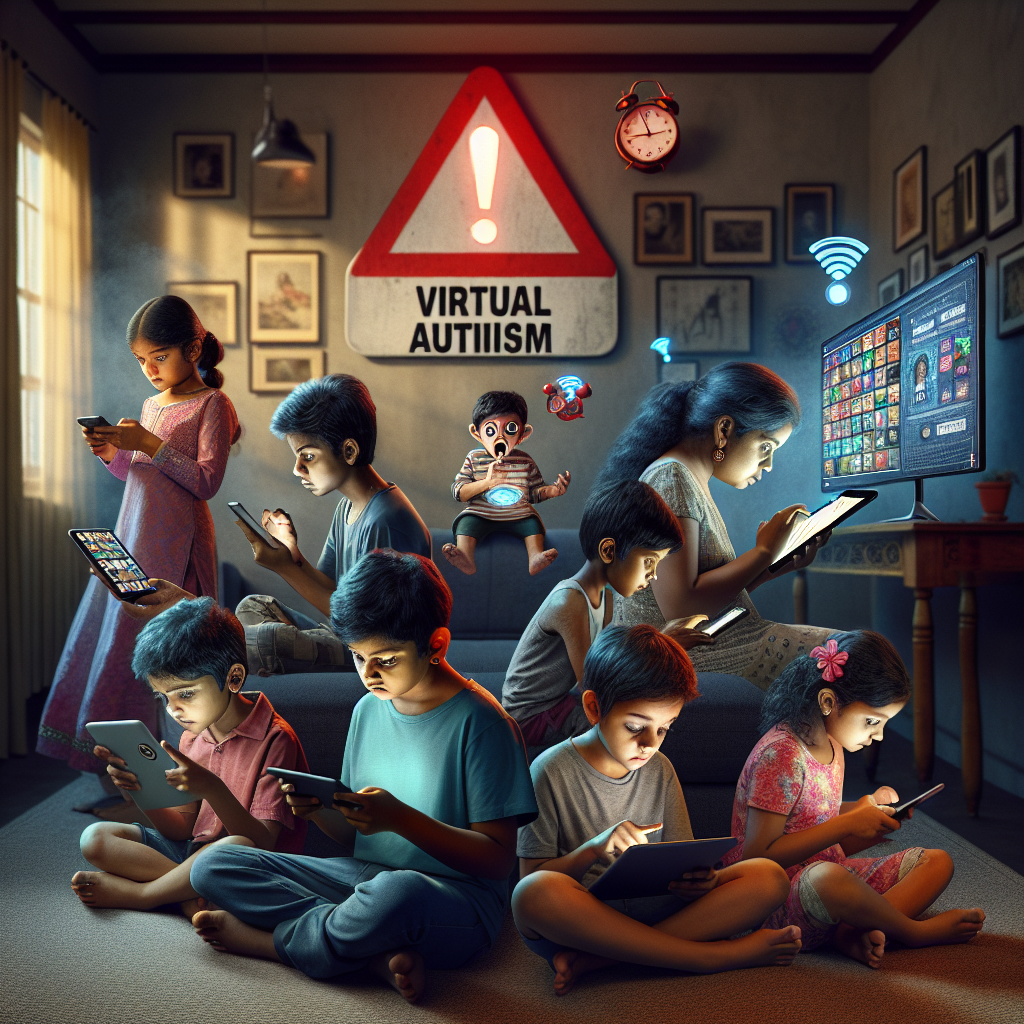Urgent Action Needed: Rise of "Virtual Autism" in Indian Children

The Concerning Rise of "Virtual Autism"
On World Brain Day, a pressing issue has come to the forefront as leading neurologists in India express their deep concerns regarding the alarming increase in autism-like symptoms among children aged 2 to 9. This troubling trend, referred to as "virtual autism," is attributed primarily to excessive exposure to screens rather than genetic factors.
Understanding "Virtual Autism"
- Definition: "Virtual autism" is characterized by social withdrawal, communication difficulties, and repetitive behavior patterns that resemble traditional autism spectrum disorders.
- Causes: Key contributors include:
- Prolonged Screen Time: Kids are spending hours in front of televisions, tablets, and smartphones, limiting real-life interactions.
- Environmental Factors: Lack of engaging play and outdoor activities due to increased digital consumption.
The Alarming Statistics
Recent studies indicate a significant rise in the number of cases, prompting neurologists to label this phenomenon as a growing public health crisis. While the exact numbers vary, some reports estimate that a substantial percentage of children are displaying signs of these symptoms.
Medical Professionals' Warning
Doctors are sounding the alarm, stressing that urgent action is needed to prevent this epidemic from escalating further. The emphasis is on:
- Awareness Campaigns: Increasing public understanding of the effects of screen time on child development.
- Policy Changes: Encouraging systemic transformations to promote healthier lifestyles for children.
- Community Support: Engaging families in discussions about finding a balance between digital and physical interactions.
Urgent Need for National Action
As the health of future generations hangs in the balance, neurologists are calling on stakeholders—from parents to policymakers—to actively engage in addressing this challenge. Implementing educational programs, promoting outdoor play, and limiting screen exposure are essential steps towards safeguarding children's mental health.
In conclusion, the rise of "virtual autism" among Indian children is a critical issue that demands immediate attention. By taking proactive measures, we can help curb this trend and promote healthier developmental environments for our children.
